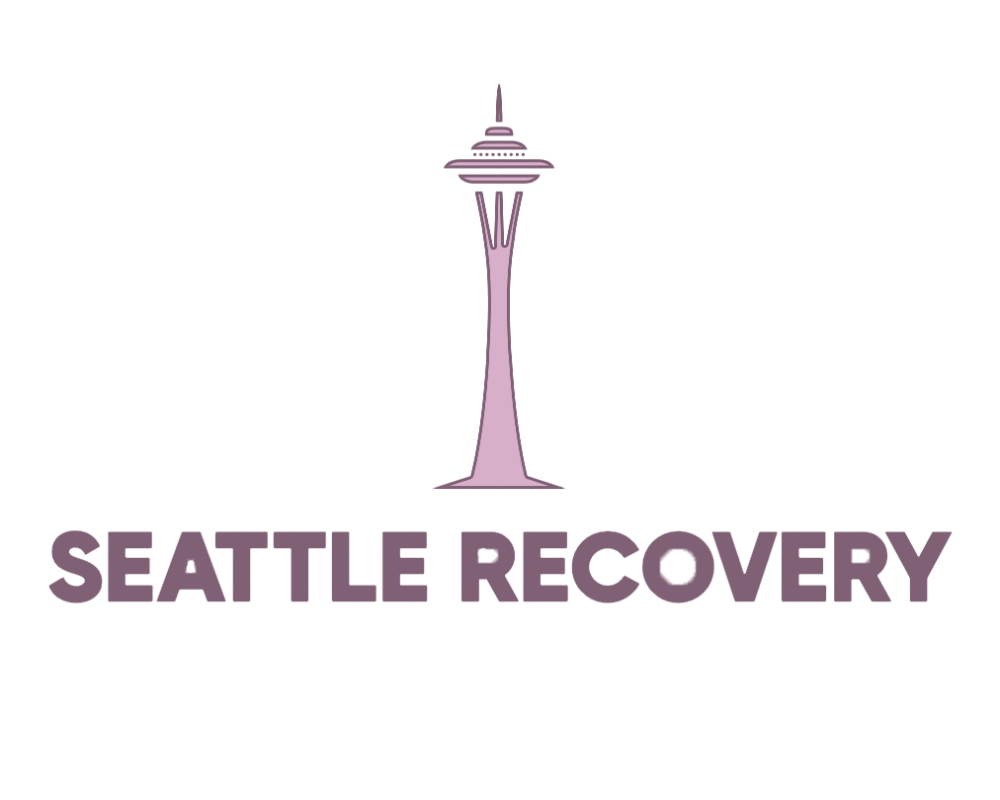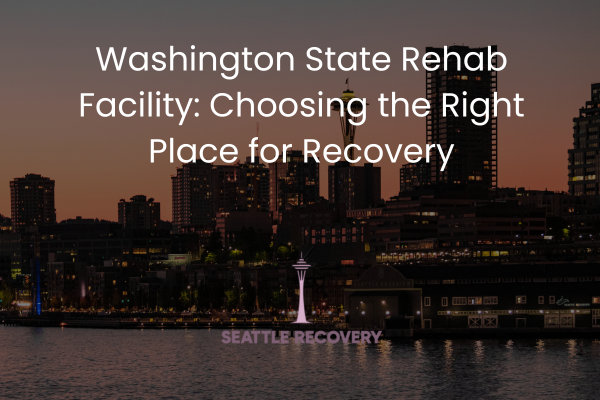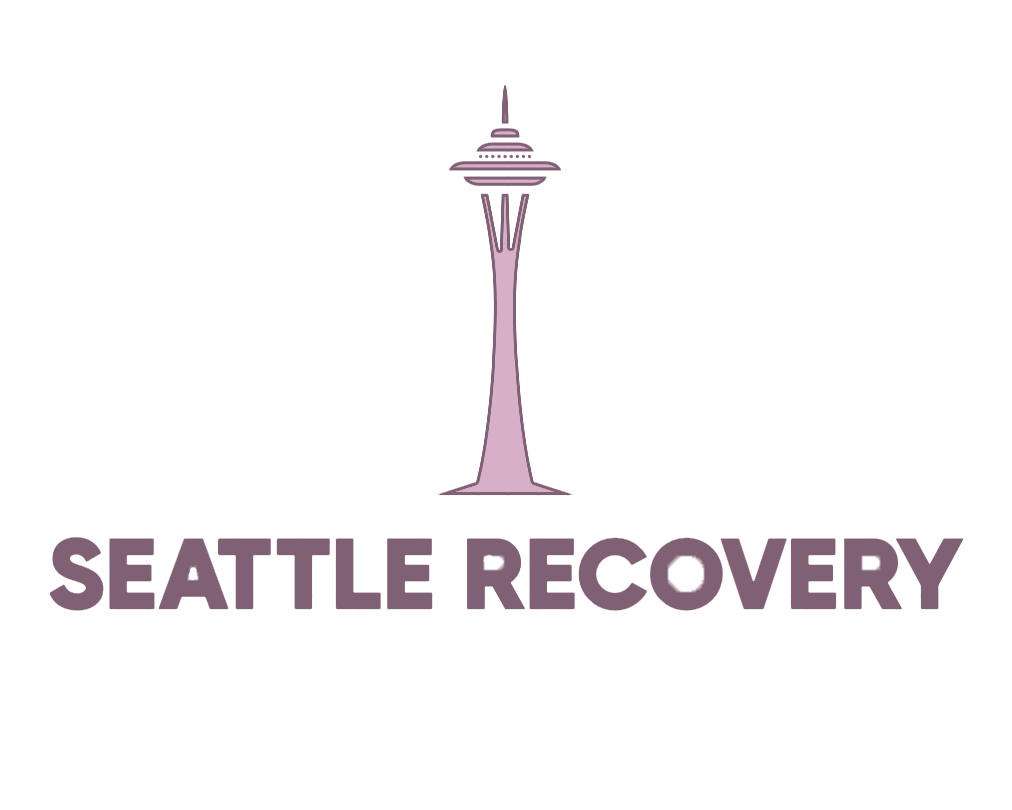Recovery from addiction is one of the most challenging yet rewarding journeys a person can undertake. For those struggling with substance abuse in the Pacific Northwest, finding the right Washington State Rehab Facility can make the difference between successful long-term recovery and continued struggles with addiction. With numerous treatment options available throughout the state, from Seattle to Spokane and everywhere in between, selecting the most appropriate facility requires careful consideration of multiple factors.
Washington State offers a diverse landscape of treatment options, reflecting both the state’s commitment to public health and the varied needs of its residents. The process of choosing a rehab facility can feel overwhelming, especially when you’re already dealing with the stress and uncertainty that comes with acknowledging the need for professional help. However, understanding what to look for and knowing the right questions to ask can empower you to make an informed decision that sets the foundation for lasting recovery.
Understanding the Landscape of Addiction Treatment in Washington
The state of Washington has made significant investments in addiction treatment infrastructure over the past decade, recognizing substance abuse as a public health crisis requiring comprehensive solutions. This commitment has resulted in a robust network of treatment facilities offering everything from medical detoxification to long-term residential care and outpatient support services.
When searching for a Washington State Rehab Facility, it’s important to understand that not all treatment programs are created equal. The state’s treatment facilities range from luxury residential centers nestled in the scenic Cascade Mountains to community-based outpatient programs in urban areas. Some facilities specialize in specific types of addiction, while others offer comprehensive programs addressing multiple substance dependencies and co-occurring mental health disorders.
The geographic diversity of Washington State also plays a role in treatment options. Urban areas like Seattle, Tacoma, and Spokane typically offer more intensive outpatient programs and specialized services, while rural areas may have fewer options but often provide more intimate, community-focused treatment environments. This variety means that individuals seeking treatment can often find a facility that matches both their clinical needs and personal preferences for setting and approach.
Types of Rehab Facilities Available
Understanding the different types of treatment programs available is crucial when selecting the right facility. In Washington State, you’ll encounter several distinct categories of addiction treatment services, each designed to meet different levels of need and stages of recovery.
- Inpatient Residential Treatment: represents the most intensive level of care, typically lasting 30 to 90 days or longer. These programs provide 24-hour medical supervision and support, making them ideal for individuals with severe addiction issues, those who have experienced multiple relapses, or people dealing with complex medical or psychiatric conditions alongside their substance abuse. A quality Washington State Rehab Facility offering residential treatment will provide a structured environment where patients can focus entirely on their recovery without the distractions and triggers of everyday life.
- Intensive Outpatient Programs (IOPs) offer a middle ground between residential treatment and traditional outpatient care. These programs typically require attendance several days per week for several hours at a time, allowing participants to maintain work or family responsibilities while receiving intensive treatment. IOPs are often used as a step-down from residential care or as a primary treatment option for those with strong support systems at home.
- Outpatient Treatment Programs: provide the greatest flexibility, with sessions ranging from once weekly to several times per week. These programs work well for individuals with less severe addiction issues, those in early recovery who have completed intensive treatment, or people who need ongoing support to maintain their sobriety.
- Specialized Treatment Programs: address specific populations or types of addiction. This might include programs designed specifically for adolescents, pregnant women, healthcare professionals, or individuals struggling with particular substances like opioids or alcohol. Some facilities also offer dual diagnosis programs for people dealing with both addiction and mental health disorders.
Key Factors to Consider When Choosing a Facility
Selecting the right Washington State Rehab Facility requires evaluating multiple factors that will impact both the treatment experience and long-term recovery outcomes. The first and perhaps most important consideration is ensuring the facility is properly licensed and accredited. In Washington State, all addiction treatment facilities must be licensed by the Department of Health and should ideally hold accreditation from recognized organizations like the Joint Commission or CARF (Commission on Accreditation of Rehabilitation Facilities).
The facility’s treatment philosophy and approach should align with your personal beliefs and needs. Some programs emphasize traditional 12-step methodologies, while others incorporate alternative approaches like SMART Recovery, Refuge Recovery, or holistic treatment methods. Evidence-based treatments such as Cognitive Behavioral Therapy (CBT), Dialectical Behavior Therapy (DBT), and Medication-Assisted Treatment (MAT) should be available, as these have been proven effective in treating addiction.
Staff qualifications and ratios are critical factors that often distinguish excellent facilities from merely adequate ones. Look for programs with board-certified addiction medicine physicians, licensed clinical social workers, certified addiction counselors, and other qualified professionals. The staff-to-patient ratio should be low enough to ensure individualized attention and care.
The facility’s success rates and outcomes data can provide insight into program effectiveness, though it’s important to understand that these statistics can be presented in various ways. Ask about completion rates, long-term sobriety rates, and what follow-up support is provided after treatment ends.
Location considerations go beyond simple geography. While some people benefit from receiving treatment close to home where family support is readily available, others find that getting away from familiar environments and triggers is essential for successful recovery. A Washington State Rehab Facility in a different region might offer the fresh start needed to break old patterns and establish new, healthy routines.
The Role of Medical Care and Detoxification
One of the most critical aspects of addiction treatment is managing withdrawal symptoms safely and effectively. Not all rehab facilities offer medical detoxification services, so if you’re likely to experience withdrawal symptoms, this becomes a crucial selection criterion.
Medical detox involves 24-hour medical supervision during the withdrawal process, with medications available to manage symptoms and prevent potentially dangerous complications. This is particularly important for individuals withdrawing from alcohol, benzodiazepines, or opioids, as these substances can produce life-threatening withdrawal symptoms without proper medical management.
Even after the acute withdrawal phase, ongoing medical care remains important throughout treatment. Many people struggling with addiction have co-occurring medical conditions that require attention, and the stress of early recovery can sometimes exacerbate existing health issues. Look for facilities that have medical doctors on staff or strong relationships with healthcare providers who understand addiction medicine.
Insurance Coverage and Financial Considerations
Understanding insurance coverage and treatment costs is a practical but essential part of choosing a rehab facility. The Affordable Care Act requires insurance plans to cover addiction treatment as an essential health benefit, but coverage can vary significantly between plans and providers.
When evaluating a Washington State Rehab Facility, ask about what insurance plans they accept and what services are covered. Some facilities have dedicated insurance specialists who can help verify benefits and explain what out-of-pocket costs you might expect. Don’t assume that more expensive treatment is necessarily better – some excellent programs are available at lower costs, while some high-priced facilities may not offer proportionally better outcomes.
For those without insurance or with limited coverage, many facilities offer sliding scale fees, payment plans, or scholarships. Washington State also has public funding available for addiction treatment through various programs, and some facilities participate in these state-funded initiatives.
The Importance of Family Involvement and Support Systems
Recovery is rarely a solo journey, and the involvement of family members and other support systems can significantly impact treatment success. When evaluating potential facilities, consider how they incorporate family members into the treatment process.
Many quality rehab programs offer family therapy sessions, educational programs for loved ones, and support groups specifically designed for family members. These services help repair relationships damaged by addiction, educate family members about the recovery process, and teach them how to provide appropriate support without enabling addictive behaviors.
Some facilities also offer family week programs or intensive workshops where family members participate alongside the person in treatment. These programs can be transformative, helping to rebuild trust and communication while establishing healthy boundaries and expectations for ongoing recovery.
Aftercare Planning and Continuing Support
The transition from intensive treatment back to everyday life is one of the most vulnerable periods in recovery. A comprehensive Washington State Rehab Facility should have robust aftercare planning processes that begin during treatment and continue well after program completion.
Effective aftercare planning might include connections to ongoing outpatient therapy, participation in support groups like Alcoholics Anonymous or Narcotics Anonymous, sober living arrangements, vocational rehabilitation services, and continued medical care. Some facilities operate their own alumni programs, providing ongoing support and connection opportunities for program graduates.
The availability of step-down care options can also be valuable. For example, someone completing residential treatment might transition to an intensive outpatient program at the same facility, maintaining continuity of care and relationships with treatment providers.
Specialized Populations and Unique Needs
Different individuals may require specialized treatment approaches based on their unique circumstances and characteristics. Some facilities specialize in treating specific populations, which can be beneficial for people who identify with particular groups or face unique challenges.
Gender-specific programs recognize that men and women may have different treatment needs and respond differently to various therapeutic approaches. Some women, particularly those who have experienced trauma, may feel more comfortable in women-only treatment environments. Similarly, men-only programs can address issues like masculine identity, emotional expression, and societal pressures that may contribute to addiction.
Age-appropriate treatment is crucial for both adolescents and older adults. Young people struggling with addiction have developmental needs that differ significantly from adults, and effective adolescent treatment programs address these differences through specialized therapeutic approaches, educational support, and family involvement. Conversely, older adults may have unique medical needs, medication interactions, and life circumstances that require specialized attention.
For individuals struggling with co-occurring mental health disorders, dual diagnosis programs are essential. These integrated treatment approaches address both addiction and mental health issues simultaneously, recognizing the complex interplay between these conditions.
Questions to Ask When Evaluating Facilities
When contacting potential treatment facilities, come prepared with specific questions that will help you evaluate whether each program is a good fit. Start by asking about licensing, accreditation, and the qualifications of clinical staff. Inquire about the facility’s treatment philosophy, what evidence-based practices they use, and how they measure treatment success.
Ask about the daily schedule and what a typical day looks like for patients. This will give you insight into the structure and intensity of the program. Find out about visiting policies, communication with family members, and what amenities or recreational activities are available.
Don’t hesitate to ask about success rates, but also ask how they define and measure success. Some facilities may focus on program completion rates, while others track long-term sobriety or other recovery indicators. Understanding how they measure success will help you interpret their statistics meaningfully.
Making the Final Decision
After gathering information about multiple facilities, take time to carefully weigh your options. Consider visiting your top choices in person if possible, as this can provide valuable insight into the facility’s atmosphere, cleanliness, and staff interactions with patients.
Trust your instincts about whether you feel comfortable with the facility’s approach and whether you believe you could be successful in that environment. The best Washington State Rehab Facility for one person may not be the best choice for another, so focus on finding the program that aligns best with your individual needs, preferences, and circumstances.
Taking the First Step Toward Recovery
Choosing the right rehab facility is a crucial decision that can significantly impact your recovery journey. While the process of evaluating options may seem daunting, remember that seeking treatment is already a courageous and important step toward reclaiming your life from addiction.
Washington State offers numerous excellent treatment options, from comprehensive residential programs to flexible outpatient services. By understanding what to look for, asking the right questions, and carefully evaluating your options, you can find a facility that provides the support, tools, and environment you need for successful recovery.
Remember that recovery is a process, not a destination, and the right treatment facility will not only help you achieve initial sobriety but also provide you with the skills and support network needed for long-term success. Don’t let the fear of making the “perfect” choice prevent you from taking action – the most important step is beginning treatment, and adjustments can always be made along the way.
If you’re ready to begin your recovery journey, start by reaching out to treatment facilities in your area, speaking with your healthcare provider, or contacting your insurance company to understand your coverage options. Recovery is possible, and with the right support and treatment, you can build a healthier, more fulfilling life free from the constraints of addiction.
The path to recovery begins with a single step, and choosing to seek help is perhaps the most important decision you’ll ever make. Let Washington State’s robust network of treatment facilities be your partner in this journey toward healing, growth, and lasting recovery. Don’t wait any longer and reach out to our staff today by calling 1 (206) 231-0252 or visiting our website. The combination of professional expertise, proven therapeutic approaches, and strong community support creates an environment where lasting recovery can flourish.








